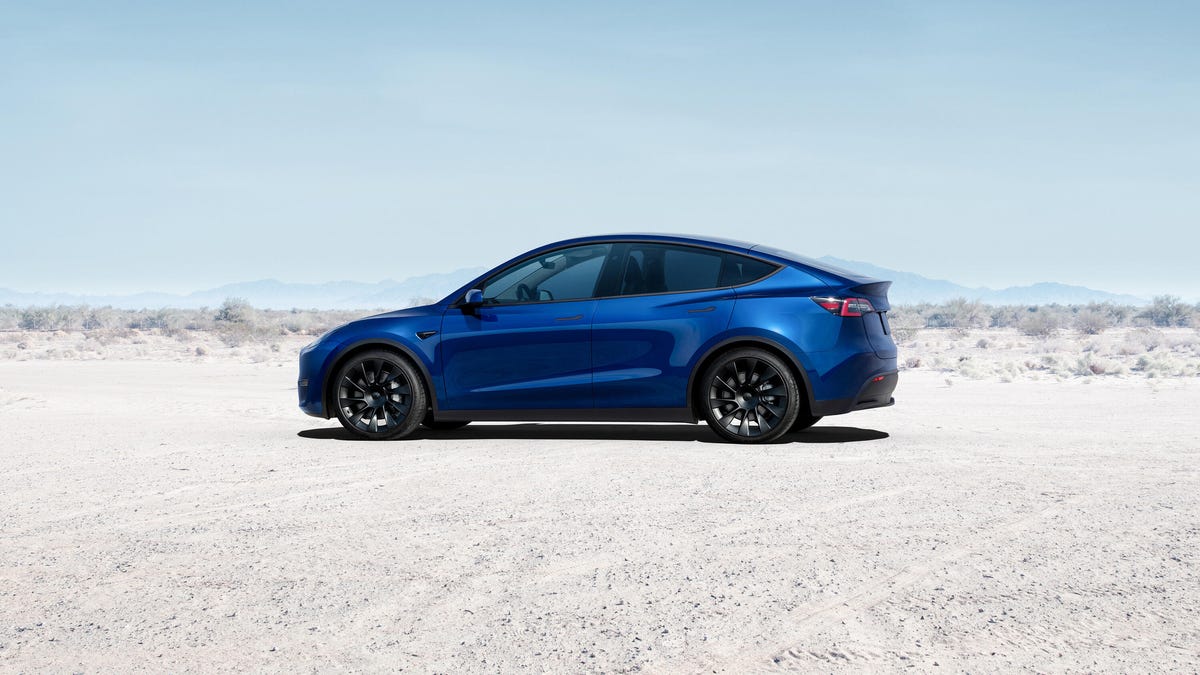EV subsidies and rebates live another day in $3.5T budget framework
With the direct subsidies out of the bipartisan infrastructure bill, Democrats want to add the president's proposal to a $3.5 trillion budget.
The bipartisan infrastructure bill poised to land on President Joe Biden's desk in the coming weeks notably does not include his proposed electric vehicle subsidies and direct rebates. However, they may live on in congressional Democrats' $3.5 trillion budget framework, which passed the US Senate this week.
According to a letter (PDF) published by 29 House Democrats Wednesday, they want to see $160 billion for EVs in the final budget, which will ultimately face the reconciliation process without Republican support. Reps. Doris Matsui, Gerry Connolly, Nanette Diaz Barragán and Yvette Clarke penned the letter seeking the massive investments, noting the bipartisan bill only includes up to $13 billion for EV infrastructure and adoption. Biden's original infrastructure proposal called for $100 billion to fund direct rebates for EVs. In other words, it wanted to slash the price of an EV when a buyer signs the papers, without the need to wait for a potential federal tax credit.
The letter says this $160 billion would fund "light-duty consumer incentives, EV charging infrastructure funding, EV manufacturing incentives, federal EV procurement requirements, and incentives to electrify heavy-duty commercial fleets."
Today, no direct rebates for electric cars exist at the federal level, and Biden's original proposal to put cash in car buyers' pockets when buying an EV would be a massive shift. The administration never put a final dollar figure on how much EV buyers could receive if they pulled the trigger on a new EV, but with a potential budget worth billions of dollars, it could be a substantial amount. The end goal of this policy is to help EVs reach a cost parity with traditional gasoline-powered cars -- EVs can be a touch too expensive for the average consumer.
In addition to the budget proposal, the representatives said their aim to is ensure no less than 40% of any incentives reach "disadvantaged communities."
"Considering the pressing calls to double down on climate efforts this year, our nation must take quick and aggressive action to combat greenhouse gas emissions by supporting the EV transition while creating new jobs, combating transportation pollution, and building a more just and equitable future that is rooted in a clean and innovative economy," the letter says.


